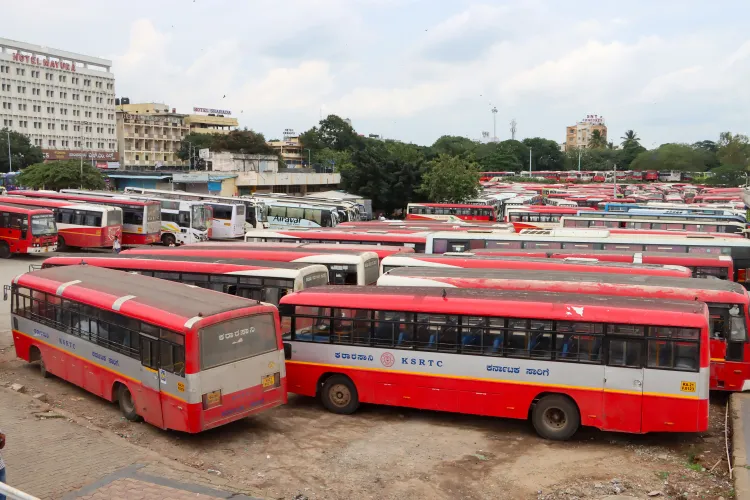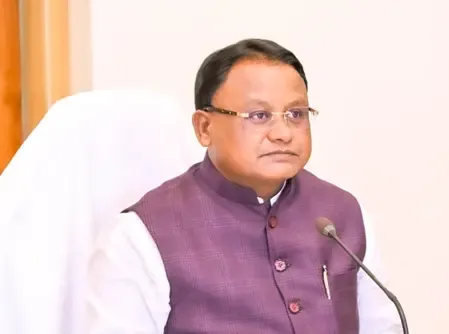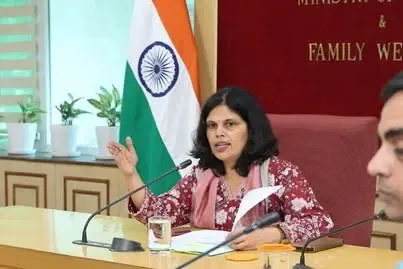Why Was the Indefinite Bus Strike in Karnataka Called Off?

Synopsis
Key Takeaways
- Indefinite bus strike called off by RTC unions.
- Karnataka High Court threatened arrest for continued strike.
- Discussions ongoing under Industrial Disputes Act.
- Public transport severely disrupted during the strike.
- Negotiations for payment of arrears are ongoing.
Bengaluru, Aug 5 (NationPress) In a significant turn of events, the RTC employees' unions have decided to end their indefinite bus strike after facing stern criticism and a threat of arrest from the Karnataka High Court. The unions had persisted with their protest despite a prior court order and the government invoking the Essential Services Maintenance Act (ESMA), leading to widespread public inconvenience.
A bench led by Chief Justice Vibhu Bakhru and including Justice C.M. Joshi admonished the Joint Action Committee of RTC Labour Organisations during a Public Interest Litigation (PIL) hearing, warning of contempt proceedings and potential arrests of union leaders if the strike was not terminated.
Notices were also issued to the State Road Transport Corporations Employees' Organisations, with proceedings adjourned to August 7, extending the stay on the strike by two days.
Advocate General Shashi Kiran Shetty, representing the state, highlighted the severe public distress caused by the ongoing strike, and noted that negotiations with the unions were taking place under the Industrial Disputes Act.
The bench demanded confirmation of the strike's termination by Wednesday, warning that non-compliance could lead to contempt actions and arrests.
The court emphasized, “If there are issues, resolve them through dialogue with the government. Disrupting public services is unacceptable. The High Court's orders must be adhered to; ESMA allows for arrests of office bearers.”
In response, the Joint Action Committee's counsel assured the court that the strike would cease.
Post-ruling, Joint Action Committee Chairman Ananth Subbarao confirmed at a press conference that the unions respect the law and have opted to postpone the strike. “I urge all RTC employees to return to work immediately,” he stated.
He clarified that the employees had not disregarded the High Court's directives, explaining that the strike had already commenced before they received the court's order. “We are pursuing payments for 38 months' arrears, while the government has only offered 14 months. There exists a funding disparity of around Rs 1,000 crore between our demands and the government's offer,” said Subbarao.
Counsel Deeksha Amrutesh, who initiated the PIL, indicated that the High Court had instructed authorities to intervene should the strike continue unofficially. The indefinite strike was organized by five labor organizations collaborating.
Bus operations across Karnataka faced significant disruption on Tuesday, as most RTC workers did not report for duty until the strike was called off, resulting in substantial inconvenience for commuters.
RTC services were interrupted in all district headquarters, particularly affecting Bengaluru and northern Karnataka regions. Authorities had to deploy private buses as alternative transport, which imposed costs on women passengers who typically enjoy free rides on government buses.
Many travelers arriving in Bengaluru from other states, dependent on RTC buses for transportation, found themselves stranded at the Majestic bus stand. The services of the Bengaluru Metropolitan Transport Corporation (BMTC) were also adversely affected.









